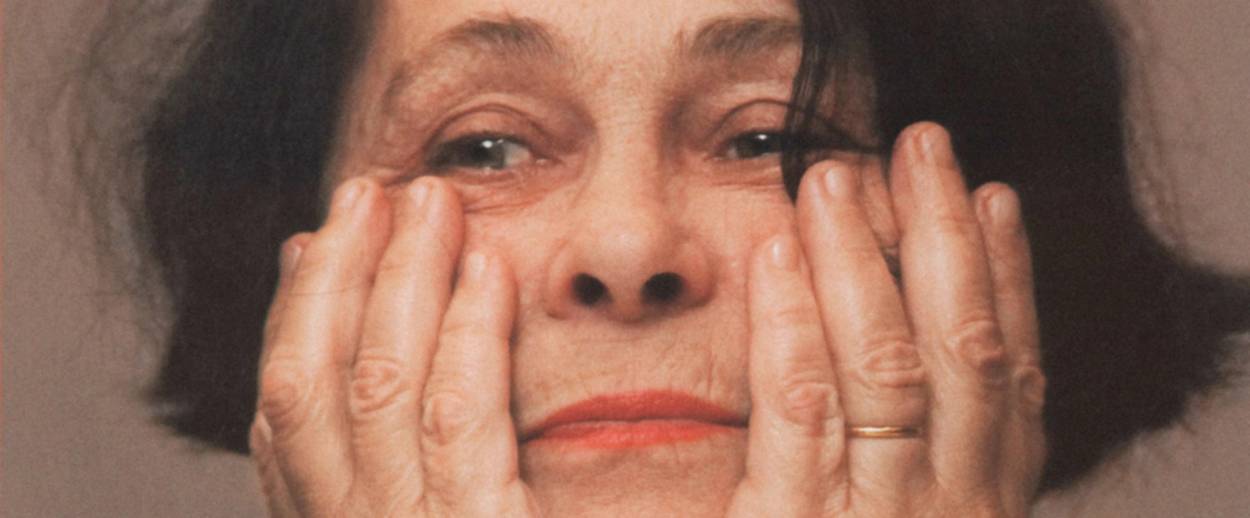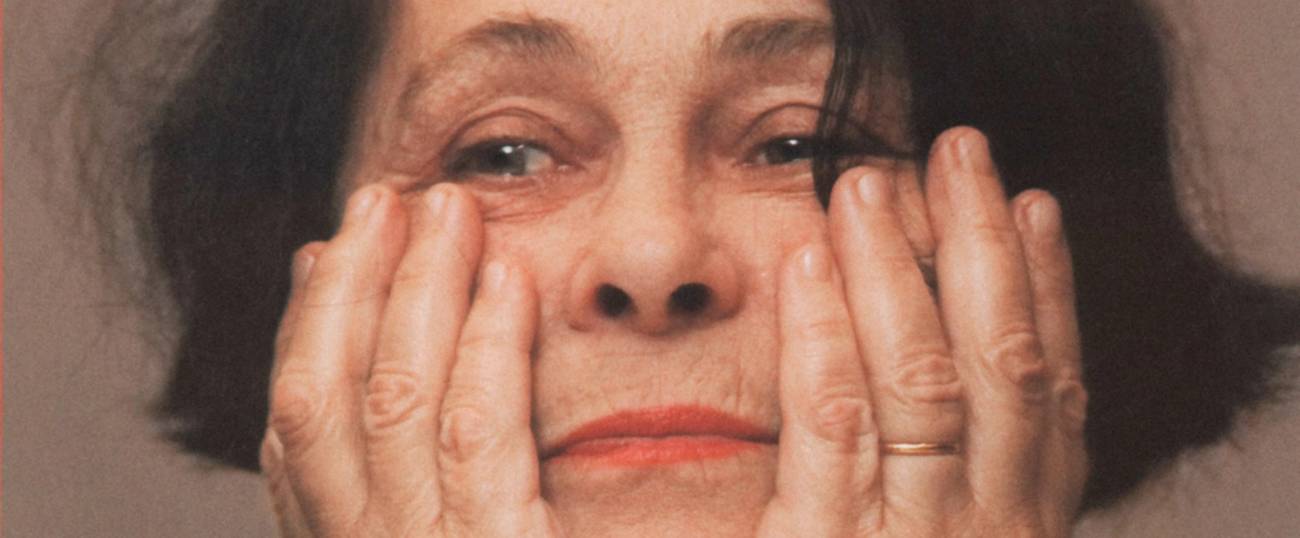Farewell to Kira Muratova, Ukraine’s Late, Great Filmmaker
Misanthropic and reclusive, her works defied Soviet censorship and defined a generation




Last week, the terrible news came that Odessa has lost its greatest living legend. The filmmaker Kira Muratova died at the age of 83 after a prolonged illness. Muratova was widely considered to be the greatest living filmmaker in Ukraine, the last titan of the classical era of Soviet film and likely the most idiosyncratic filmmaker of her generation. Starting in the early 1960s, Muratova made a series of films which utilized postmodern and surrealist techniques, scandalizing the officialdom and eschewing the prevailing doctrine of socialist realism. Muratova’s work is notable for being ardently loved by some and completely incomprehensible to others, often relying on building a picture of the society out of mosaic-like pieces.
Muratova was born in 1934, in the Romanian town of Soroka, which is now located in Moldova. She graduated from the renowned Gerasimov Institute of Cinematography in Moscow (universally known as the VGIK), before returning to Odessa to work at the Odessa film studio and make a string of improbable films during which outlasted the Soviet Union by a quarter century that followed Ukrainian independence. Muratova’s work could not be categorized in any one particular genre; she was a genre on to herself. Her film language is poetic, absurd, and recognizable from the first frame. As with any auteur’s cinema, the audience deals with her attitude from the first moment of the film onward. The world that Muratova creates across her cinematic universe is ridiculous and senseless, a delirious dream which she populated with odd characters and amateur actors from Odessa. The filmography is in fact a miniature anthropology of the absurd character of the city. Muratova’s renowned fetishism for odd character actors was referenced by this years Cannes prize-winner, Sergei Loznitsa, who cast some of them in his last film “Donbass”, where the absurdity of fake news reaches an apogee.
In one of my favorite scenes from her movie Three Stories, a woman who had been abandoned by her mother finds her as an adult and plots to kill her, only to walk past an elderly woman and her own ancient mother as they strain to communicate through a veil of deafness and misunderstanding, yelling from the street to the balcony: “Mother, why don’t you call me?” “Why don’t you call me my dear?” “I am worried!” “I get so worried!”
Muratova’s early films included 1967’s Brief Encounter (where she herself plays the main role paired with the legendary bard, Vladimir Vysotsky), and 1971’s The Long Departures. Both were subject to severe censorship. In 1990, her drama Asthenic Syndrome received a special jury prize from the Berlin Film Festival. Right before the collapse of the Soviet Union, Muratova managed to capture the new era of spiritual hibernation and the general collapse of hopes that have found their continuation in the post-Soviet space. And the films that followed the collapse of the Soviet Union next films were no less radical and comical in their absurdity.
When I was 20 years old, I had only three dreams: To study in Paris, to hear the barefooted Cesária Évora live in concert, and to become acquainted with Kira Muratova, whose films transformed my youthful consciousness. That last dream was not unique to myself. Muratova was a legendary and elusive figure, and exchanging stories of running into her on the street or in a store was a popular pastime for real Odessans. These stories had the intimation of having been a sacred meeting with the Buddha himself. My own acquaintance with her took place at the casting of her 2004 film Adjuster, where I auditioned for a minor role playing a saleswoman who is told of the possible castration of her beloved cat.
Sadly, this was several days before I was due to leave the city for Paris, when I enrolled in 2004 at the Paris Faculty of Cinematography, and my acting debut never did take place. Several years later, I would return to Odessa with my first student short film, and invited her to a screening. Due to her misanthropic nature, she naturally refused to attend such events, instead watching the film at home that evening. Muratova calling to me to tell me that she enjoyed the film was the highest praise I could receive, and crystallized my intention to continue making films. In the last years of her life, Kira Muratova did not appear in public, mostly avoided seeing people, and gave few interviews. However, in one of the few interviews she did give toward the end she admonished us for wanting to make a monument of her life rather than her films: “I do not want or need a documentary to be made about me. Diaries and everything else that I wrote, I want to burned. And spread my ashes, throw me in the trash, give me to the zoo to be eaten by the beasts … I only want the films to remain of me–that is all. “
Regina Maryanovska-Davidzon is a filmmaker and PhD student in Film Theory living in Paris.